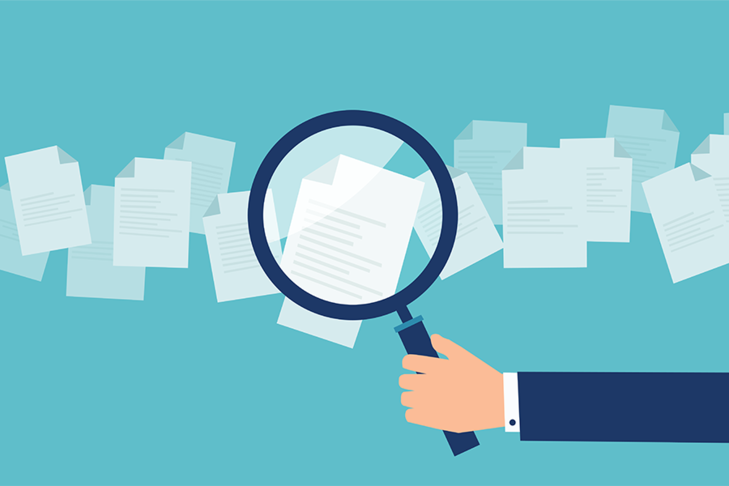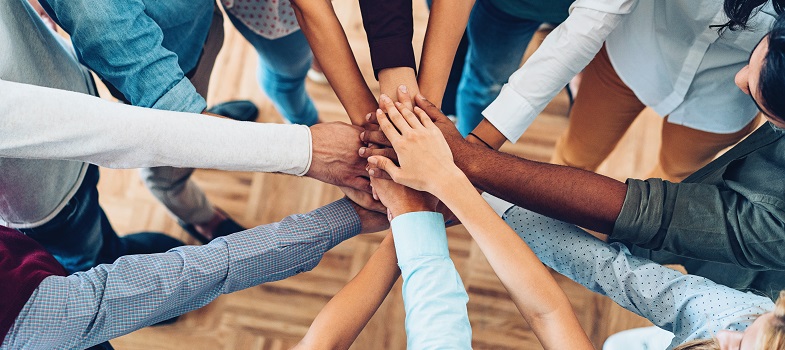Unit 4: Report and respond
4.8 Review of Unit 4

© Feodora Chiosea / iStock / Getty Images Plus
In this unit we have looked at the links between safeguarding against SEAH and SGBV.
We focused on the importance of thinking through how to report on and respond to safeguarding concerns when they are reported by different survivors – whether they are women and girls, men and boys, or people who are LBGTQI.
We discussed the various barriers to reporting for each of the different categories of survivors, the importance of understanding the national legal context, and how we can support individuals to disclose SEAH concerns.
We also discussed a survivor-centred approach from a gendered perspective and how to map available services and support survivors to access these services within the local context.
Finally, we looked at how organisations should also exercise their duty of care to safeguard their own staff and associated personnel from SEAH.
|
Learning journal Before you move on to Unit 5, reflect on your own learning so far. Consider the following questions and respond to the questions in your learning journal:
|
Now go to Unit 5: Improving accountability in safeguarding.
References
Connell, R. W. (1995) Masculinities, Los Angeles, University of California Press.
Dolan, C. (2002) ‘Collapsing masculinities and weak states – a case study of northern Uganda’ in Cleaver, F. (ed.), Masculinities matter! Men, gender and development, London, Zed Books.
Feder, G. and Howarth, E. (2014) ‘The epidemiology of gender-based violence’, ABC of domestic and sexual violence, Chichester, John Wiley.
Global Interagency Security Forum (2017) Duty of Care: Protection of Humanitarian Aid Workers from Sexual Violence, Online. Available at GISF (Accessed 8 September 2021).
Gough, B., Robertson, S., and Robinson, M. (2016) ‘Men, ‘masculinity’ and mental health: critical reflections’, Handbook on Gender and Health, Cheltenham, Edward Elgar Publishing. Also available online at Edgar online (Accessed 07 June 2021).
RLP (2020) The Loud Silence: The plight of refugee male survivors of conflict-related sexual violence, Online. Available at onendavid.com (Accessed 7 September 2021).
UN WOMEN (n.d.) Ending violence against women, Online. Available at UN Women(Accessed 8 September 2021).
